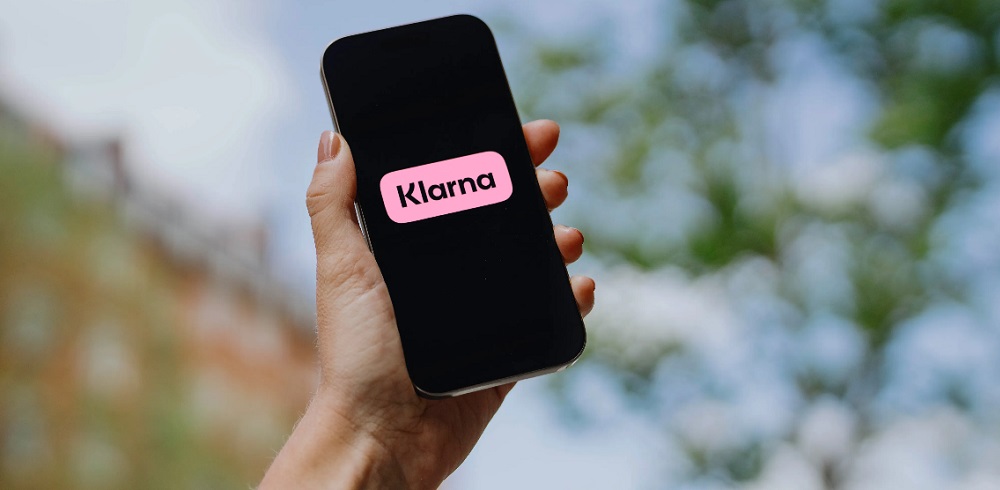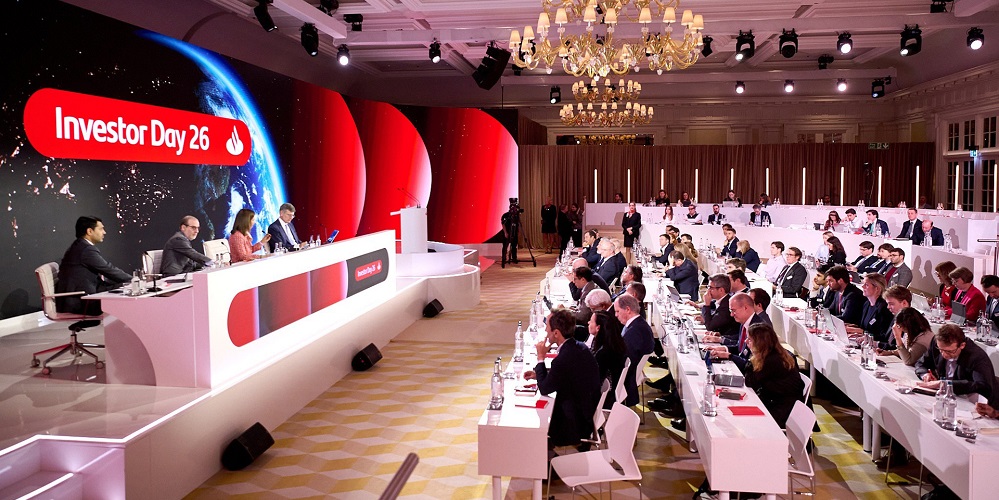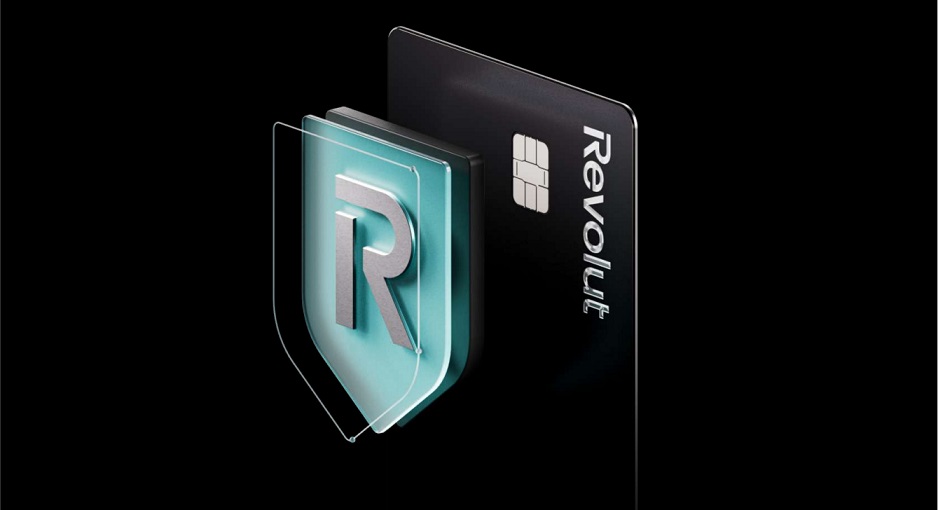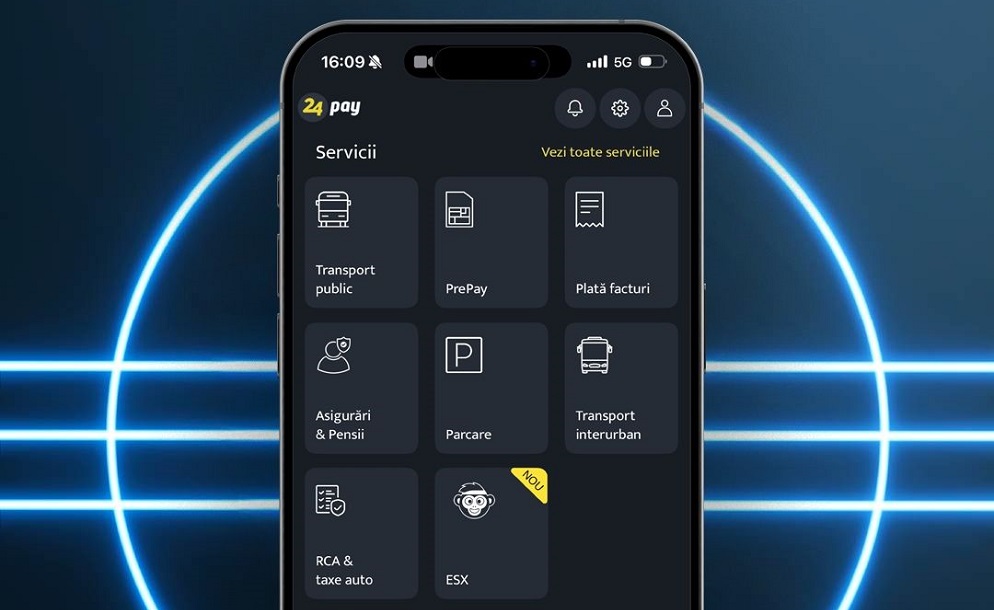Swedish cities will be cashless by 2030 – there is no need for carrying cash in Stockholm today
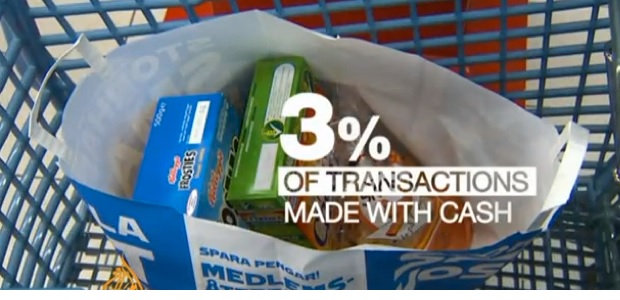
The country is always one of the first in embracing new technologies. In 1661, Sweden was first to introduce banknotes in Europe. In 2030, it will become the first cash-free nation in the world, according to ubmfuturecities.com.
In Sweden, four out of five purchases are paid by debit card or electronically. This amounts to more than 80% of retail transactions. This is similar in the rest of the Nordic countries, contrasting with the south of Europe, where cash is still strong and several places accept only cash. Swedish banks issue debit cards to citizens aged seven years or older (with parental permission), which translates to more than 97% of the population.
Cash accounts for less than 3% of the total Swedish economy. More than 99% of merchants accept debit cards, and consumer payments with cash are only 41% of total transactions. Several years ago Stockholm’s public transport stopped receiving cash. Tickets are pre-paid, paid by using a mobile application, or bought by debit/credit card from the driver. Residents usually buy a monthly travel card, which is both more convenient and less expensive than buying individual tickets.
Banks are cooperating to kill cash: Only one out of the six largest banks in Sweden still operates with cash. In 2012, the six banks got together to build an instantaneous mobile payment platform to help customers make electronic payments easier.
In an increasing number of stores, signs read „No cash payment in this store.” Most Swedes, especially those in the younger generations, never carry cash. Visitors don’t need to worry about currency exchange. Cash is never needed, not even for small purchases like a hot chocolate at a Christmas market. All vendors have a mobile payment chip-and-PIN card reader such as the one offered by Stockholm-based mobile payments company iZettle. Another mobile payment solution that is growing fast, not only in Sweden but also in 30 other countries, is Seamless. An increasing number of businesses can now offer Seamless as an alternative form of payment to their customers.
Despite all this, the Central Bank of Sweden has designed new notes and coins. It plans to review the entire series of banknotes and coins starting in 2015 with the purpose of adding a new security feature. These might be the last banknotes and coins in the Swedish history of money.
Dariusz Mazurkiewicz – CEO at BLIK Polish Payment Standard
Banking 4.0 – „how was the experience for you”
„To be honest I think that Sinaia, your conference, is much better then Davos.”
Many more interesting quotes in the video below:
